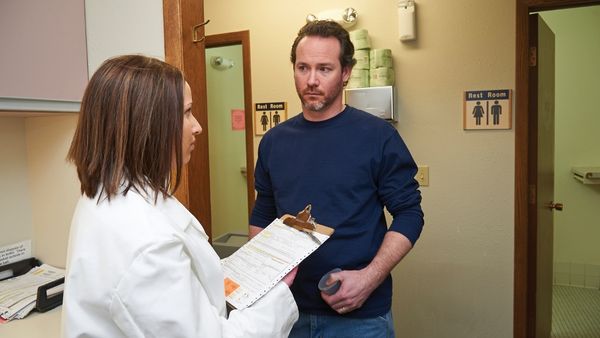DOT D & A Program Checklist
Kathy Close, Editor - Transport Safety
August 29, 2023

To create a compliant and effective Department of Transportation (DOT) drug and alcohol testing program, key pieces must be in place. Use the following checklist as you set up or audit your current program.
Roles
The department and job titles assigned to program management are a matter of personal preference. The motor carrier will have to decide if it is more practical to have safety, operations, or human resources take the lead. Of course, each department will have to work together for a successful and compliant program.
Similarly, the regulations do not specify who must assume the role of designated employer representative (DER). You must decide who is the best fit. It may be blended with other program responsibilities, such as managing the random selection or requesting reasonable suspicion tests.
In any event, the DER must be:
- A motor carrier employee
- Available to be the point of contact for service providers to receive communication
- Able to interact with drivers and act on specific scenarios (e.g., refusal to test, failed test, recollections)
DOT testing policy
A DOT drug and alcohol policy is required under §382.601. It must contain 12 required elements and be provided to drivers before participating in a DOT testing program.
After its initial creation, motor carriers must keep the policy up to date, specifically when:
- Regulations change,
- There is a new driver contact, or
- Optional provisions are added or removed (e.g., zero tolerance).
Service providers
Service providers include businesses and individuals that contract with a motor carrier as part of its DOT drug and alcohol compliance program. They include consortium/third-party administrators (C/TPAs), medical review officers (MROs), collection sites, and labs. A substance abuse professional (SAP) is also a service provider, but their business agreement is typically with the driver.
Motor carriers are responsible for ensuring businesses meet DOT criteria, when applicable, and follow DOT testing rules.
- Testing facilities that offer drug specimen collections and/or alcohol testing must comply with Part 40 testing procedures regarding the facility, trained personnel, and equipment. Other considerations for employers include rates, location, and hours.
- Labs must be HHS certified and follow Part 40 procedures.
- MROs verify drug test results, both negative and positive, to check the lab’s performance and chain of custody. Only those licensed physicians meeting the knowledge, training, and education requirements are permitted to act as an MRO.
- A consortium is mandated for owner-operators who are not leased to a motor carrier. For all other carriers, the decision to outsource with a C/TPA depends on the carrier’s staffing capabilities, the support staff’s regulatory knowledge, and the benefit of outsourcing. C/TPAs may be contracted for some or all the following:
- Administrative functions
- Random selections
- Arrangement of clinics, labs, and MROs
- CDL Drug and Alcohol Clearinghouse queries
- Employer’s reporting role in the Clearinghouse
- SAPs must be credentialed counseling professionals who meet the knowledge, training, and continuing education requirements to perform DOT evaluations and prescribe treatment. Motor carriers must ensure the SAP is DOT approved when provide a list of SAPs to drivers who have violated DOT testing rules.
Employee training
Driver training is required in §382.601. The motor carrier must provide the driver with their policy and educational materials before participating in a Part 382 program. The materials can be delivered in any format (policy, handbook, handouts, etc.), and does not require formal training (classroom, online, video). The driver must sign a receipt that they received the required materials.
Supervisors must be trained to request a DOT reasonable suspicion test (§382.307). Section 382.603 requires:
- 60 minutes on alcohol misuse
- 60 minutes on controlled substance use
DER and support staff training is not required in the DOT testing rules. However, Section 390.3(e) requires those involved in motor carrier safety to know and comply with the safety regulations. Training is one way of making sure your staff completely understands Parts 40 and 382 requirements.
Clearinghouse account
Those motor carriers subject to Part 382 are required to create an account in the CDL Drug and Alcohol Clearinghouse and purchase a query bundle. The portal is used to request queries to learn of violations under Part 382. Motor carriers are required to report specific data to the portal, including alcohol testing violations, certain refusal-to-test scenarios, actual knowledge, negative return-to-duty tests, and completed follow-up testing programs.
Let our experts help you effectively manage your Drug & Alcohol program with J. J. Keller’s DOT Drug & Alcohol Program Management Service.